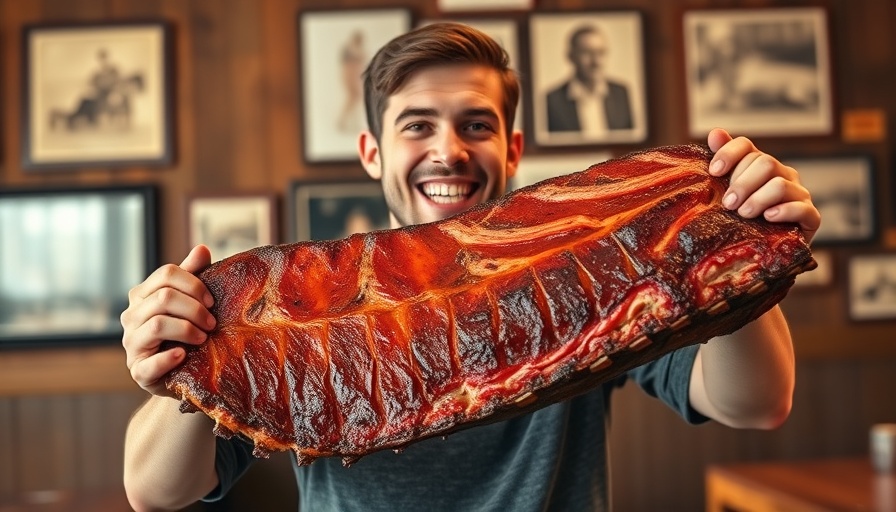
Understanding FLSA Compliance in Fine Dining
For consumers and industry players in the upper echelons of the restaurant scene, understanding the Fair Labor Standards Act (FLSA) is vital—not just for compliance but also for ensuring quality dining experiences. In an environment where luxury restaurants aim to provide exceptional service, HR and payroll teams must navigate complex regulations regarding wages, overtime, and youth labor.
Key Implications of FLSA on Restaurant Operations
The FLSA sets forth guidelines that dictate how restaurants should compensate their employees, ensuring adherence to federal and local minimum wage laws. For higher-end establishments, this has implications for staff training and expectations. Properly compensating staff allows them to focus on delivering the best fine dining experiences—improving customer satisfaction in turn.
Best Practices for FLSA Compliance
Establishing best practices is paramount for fine dining establishments. Regular payroll reviews and staff education are fundamental in maintaining compliance with the FLSA. Restaurants should consistently update their payroll systems to reflect any changes in wage laws and ensure that all staff members are aware of their rights and the compensation they should receive. By doing so, restaurants can avoid the pitfalls that come from non-compliance, enhancing their reputation amongst diners and safeguarding against legal repercussions.
The Impact of Compliance on Dining Experiences
Understanding FLSA regulations does not merely serve legal obligations; it also enhances the dining experience itself. When restaurant staff are compensated fairly, they are more likely to deliver outstanding service—one of the hallmarks of award-winning fine dining. This ultimately leads to higher satisfaction levels among patrons, reinforcing a restaurant's standing in the competitive landscape of luxury dining.
Engaging in Continuous Learning and Adaptation
It's essential for dining establishments to actively engage in continued education regarding FLSA compliance and other relevant regulations. As dining preferences shift—such as the rising demand for farm-to-table options or gluten-free dining—staying informed about regulations ensures that restaurants remain adaptable. Consumers rank transparency and ethical business practices as critical to their dining choices, making this compliance not just a regulatory requirement but a competitive advantage in engaging diners.
Connecting with High-End Dining Options
For consumers seeking the best fine dining restaurants near them or aiming to explore top-rated gourmet restaurants in London, ensuring that establishments adhere to FLSA compliance signifies a commitment to quality. Guests can appreciate the nuances of dining experiences knowing that the staff is well-compensated and compliant with labor laws. Whether indulging in a Michelin star restaurant or enjoying a luxury restaurant with city views, diners can feel confident that they are participating in a socially responsible and high-quality dining experience.
 Add Row
Add Row  Add
Add 




Write A Comment